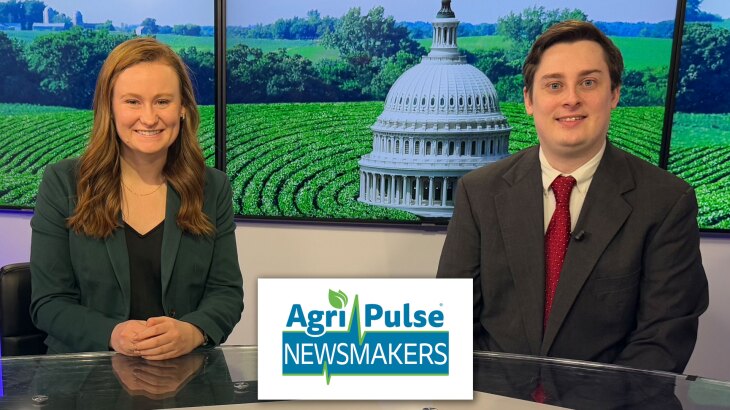Louisiana had an unprecedented number of 100-degree days this summer, and the long stretch of heat is taking a toll on ranchers across the state. Louisiana State University Ag Center’s Craig Gautreaux has the story.
“We are seeing weight losses, especially, so that impacts all aspects of performance for our cattle, said Ashley Edwards, area beef specialist with the LSU AgCenter. “Also having to find feed – find feed and hay – not just for right now, but also looking ahead to the winter months.”
Both hay quantities and quality are down right now, which could cause further weight loss for cattle in the winter. Experts caution cattle producers across the Southeast to start planning out hay deliveries now in order to get them through the winter months because demand is expected to be very high this season. They should also have it checked for nutrient quality to determine if it needs to be supplemented.
But with temperatures across the state expected to remain in the 90s throughout September, experts say, right now, there are more pressing needs to ensure are done in order to protect herds from heat stress.
“Shade and water are the two easiest things to go ahead and think about,” Edwards said. “If you don’t have natural shade, you can implement artificial shade structures if needed. Make sure they have water. If the water can be in the shade, that’s even better.”
In order to combat these tough conditions, some ranchers are forced to sell their cattle earlier, which means they are much lighter than expected when they go to market. That affects the bottom line. However, experts say current market prices for beef are a small silver lining for producers among the dark clouds.
“Selling them a little earlier means won’t be bringing in as big of a paycheck this year, but hopefully they are still profitable,” Edwards said. “I guess the good thing right now is that prices have been higher – so if you are having to sell, at least the price per pound has been a little bit higher than it has been in the past.”














